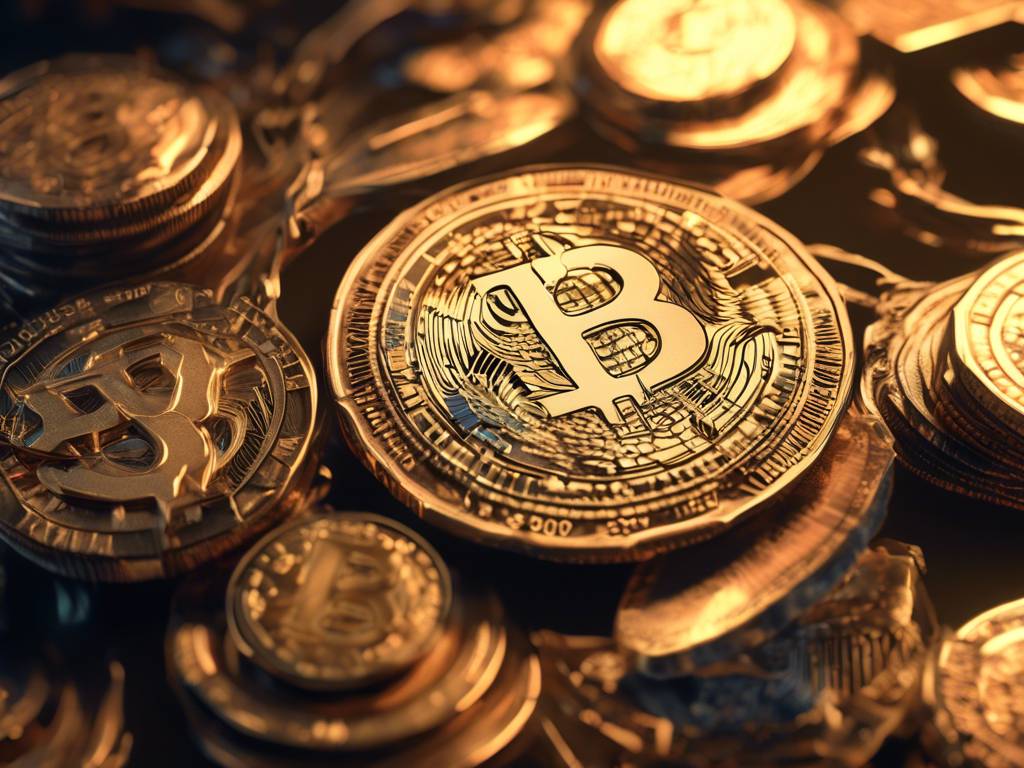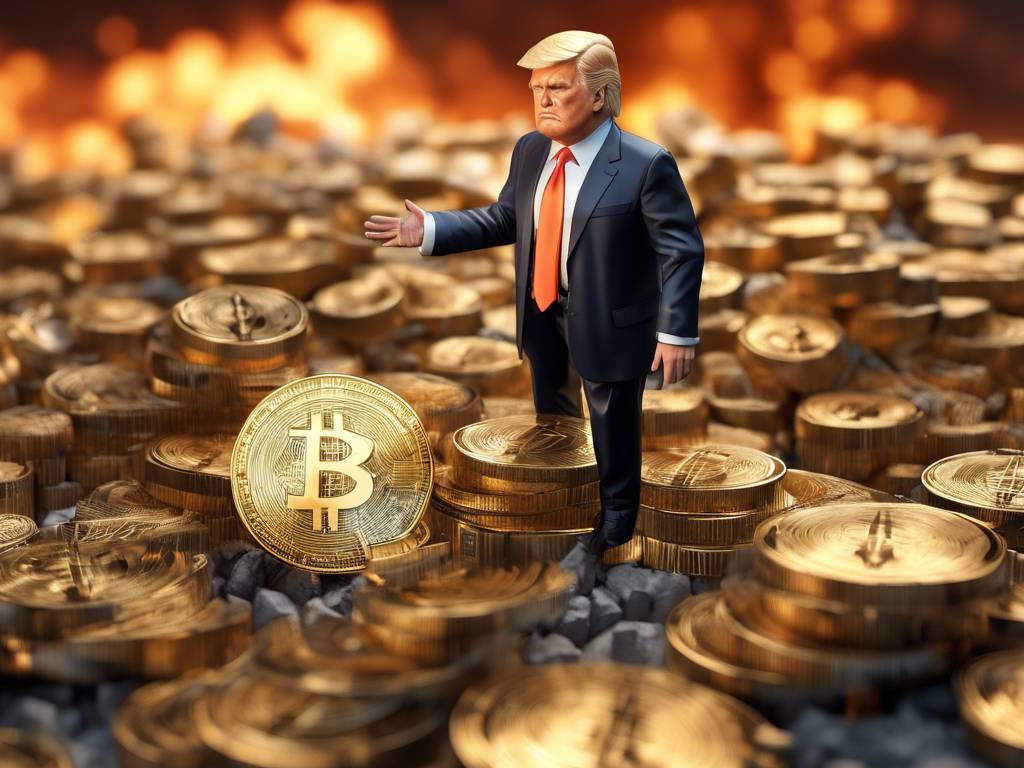Uniswap Labs Responds to SEC Allegations
Uniswap Labs, the developer of the decentralized exchange Uniswap, has issued a strong response to the Securities and Exchange Commission (SEC) regarding allegations of operating an unregistered securities exchange and broker-dealer. The SEC’s notice, a precursor to formal charges, claims that the native UNI token on the Uniswap platform represents an investment contract.
Summary of Uniswap Labs’ Response
- Uniswap Labs challenges the SEC’s allegations, arguing that they are baseless and misguided.
- The SEC accuses Uniswap DEX of acting as an unregistered securities exchange and broker-dealer, with UNI tokens seen as investment contracts.
- Uniswap Labs asserts that the SEC is overstepping its authority by trying to regulate most trading, which involves commodities like ETH, WBTC, and stablecoins.
- The company advocates for Congress to intervene in regulating the crypto industry and suggests that the SEC should support open-source technology instead of seeking to eliminate it through legal action.
- Despite the SEC’s warning, trading on Uniswap remains robust, with nearly $3 trillion in volume recorded shortly after the notice.
Uniswap Labs’ Response to SEC Allegations
In a detailed 43-page document released recently, Uniswap Labs laid out its defense against the SEC’s allegations, emphasizing why legal action should not be pursued against them. The company contends that the majority of trading on the platform involves commodities such as Ethereum (ETH), Wrapped Bitcoin (WBTC), and stablecoins, constituting around 65% of the total trade volume.
Chief Legal Officer of Uniswap Labs, Martin Ammori, refuted the SEC’s claims on social media, labeling them as “weak and erroneous” and disputing the notion that most tokens are considered securities.
Uniswap has submitted our response to the SEC Wells notice received in April. The Uniswap protocol is a groundbreaking solution that enables instant, secure trading without intermediaries. It is widely used…
— Marvin Ammori (@ammori) May 21, 2024
Ammori highlighted that tokens are essentially digital files akin to PDFs or JPEGs, capable of representing various values, including commodities, memes, and access to networks. Additionally, he underscored the decentralized structure of the Uniswap protocol, emphasizing its lack of user accounts or data collection, complicating the SEC’s push for increased transparency.
Uniswap Labs argues that intervention from Congress is essential for effectively regulating the crypto sector and emphasizes the need for the SEC to embrace open-source technologies to enhance outdated financial systems rather than litigating against them.
SEC’s Ongoing Crackdown on Crypto Sector
The SEC’s scrutiny of the crypto industry has intensified, with a focus on Ethereum and decentralized finance (DeFi) platforms in recent months. Several crypto companies, including ShapeShift, TradeStation, and Consensys, have received Wells notices, lawsuits, or settlements from the SEC.
The classification of Ethereum’s ETH token as a security could have significant implications for the network and surrounding crypto firms, potentially forcing exchanges to choose between SEC registration or delisting ETH altogether. Despite these regulatory challenges, Uniswap’s trading volume remains robust, with nearly $3 trillion in trade volume reported following the SEC’s notice.
Remain Confident in Uniswap Labs
Despite the legal uncertainties, Uniswap Labs maintains confidence in its position, with Ammori expressing certainty that their work aligns with the right side of history. He firmly believes that the SEC’s resources should not be allocated to pursuing a case against Uniswap Labs.





 By
By
 By
By
 By
By

